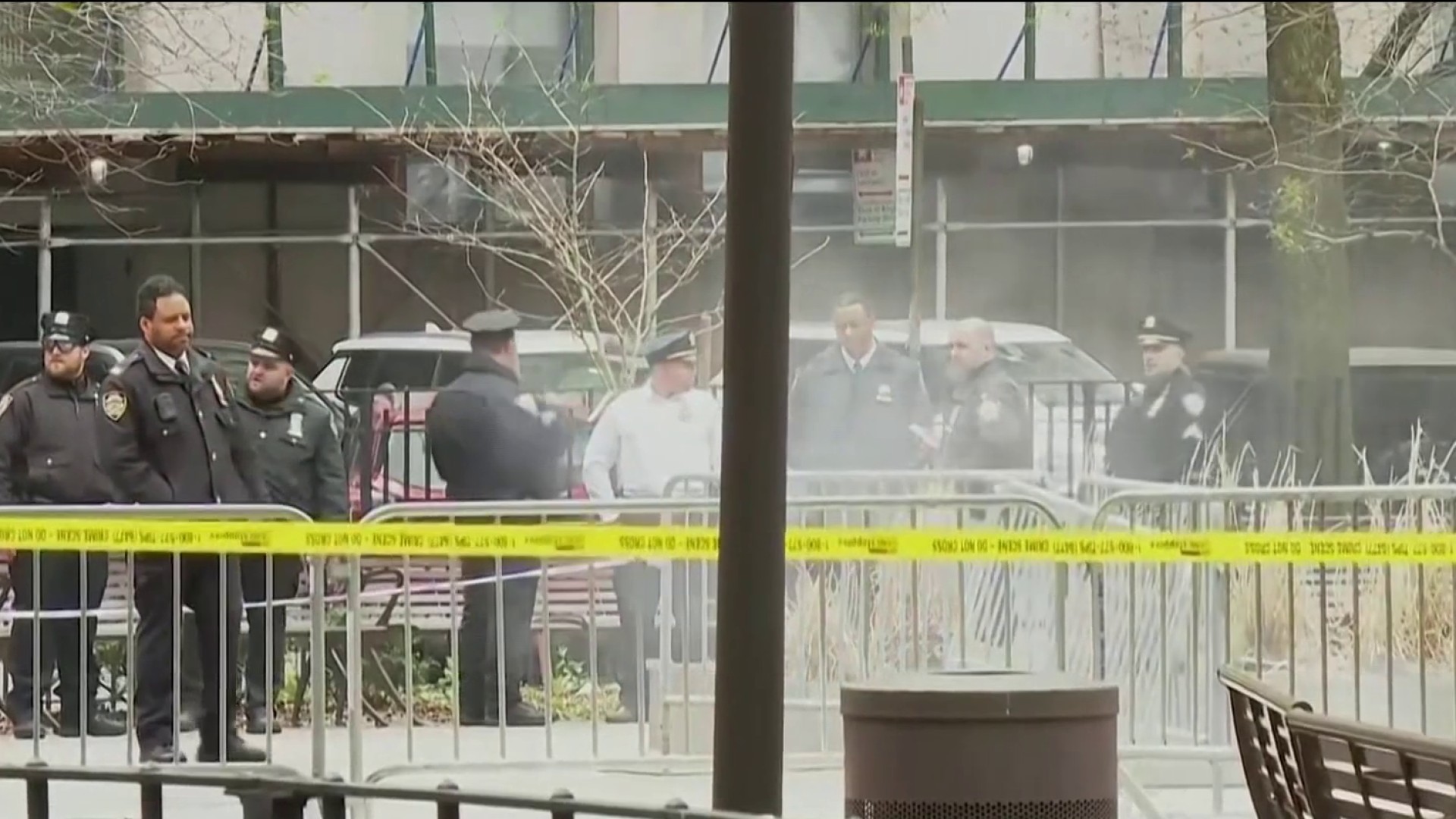Is redistricting a political reform? Or a cult?
I’m beginning to wonder, given the incredible amount of energy, newspaper ink and money being devoted to two November ballot initiatives – Prop 20 and 27 – that have a lot to do with redistricting and almost nothing to do with the future of California.
Here’s the shorthand on the debate. In 2008, after many failed attempts, voters finally endorsed a redistricting reform initiative, Prop 11, that stripped state legislators of the power to draw their own districts. This eliminated an obvious conflict of interest. The power to draw districts was instead placed in the hands of a commission of citizens who are chosen through a complex process.
But Prop 11 only applied to state officeholders. Members of Congress could still have their districts drawn by state legislators. That situation prompted Prop 20, which in turn prompted Prop 27.
Prop 20 represents an attempt to close the Congressional loophole; it would put a citizens commission in charge of drawing those districts, as well as the state legislativeone. Prop 27 is the counterattack, a response to both Prop 20 and to Prop 11. Prop 27 asks voters to repeal Prop 11 and eliminate the commission that Prop 11 authorized – before that commission has even been formed, one should note (The selection process is ongoing).
So why is everyone excited about this? Reformers (the folks who are for Prop 20 and were previously for Prop 11) have painted redistricting as an elixir. If we have honest districts, the theory goes, we’ll have honest legislators.
The trouble is: changing who draws the districts means very little in state politics.. Either way, California will continue to have single-member legislative districts. Since Californians tend to live near like-minded people (the state is really two states, with a blue/liberal coast lapping a red/conservative inland), it’s next to impossible for anyone to draw competitive districts. Which means that legislative elections will remain a non-issue, because no one’s voice counts. The results – in terms of the party winner – are already known.
U.S. & World
News from around the country and around the globe
So redistricting reform of this type is weak medicine. If the goal is to make every vote count and create legislative elections worth paying attention to, California needs to blow up its current election system and restructure the legislature.
In the place of the status quo, California should establish multi-membere districts (that is, districts with more than on seat) that would be based on the regions of the state.
If seats were divided up each region via proportional representation, each vote truly would count. In a proportional system, voters cast ballots for the party they want to represent them. Even in a Democratic area, each Republican vote is important because it takes the party one step closer to getting an extra representative -- and perhaps denying the Democrats another representative from that area.



